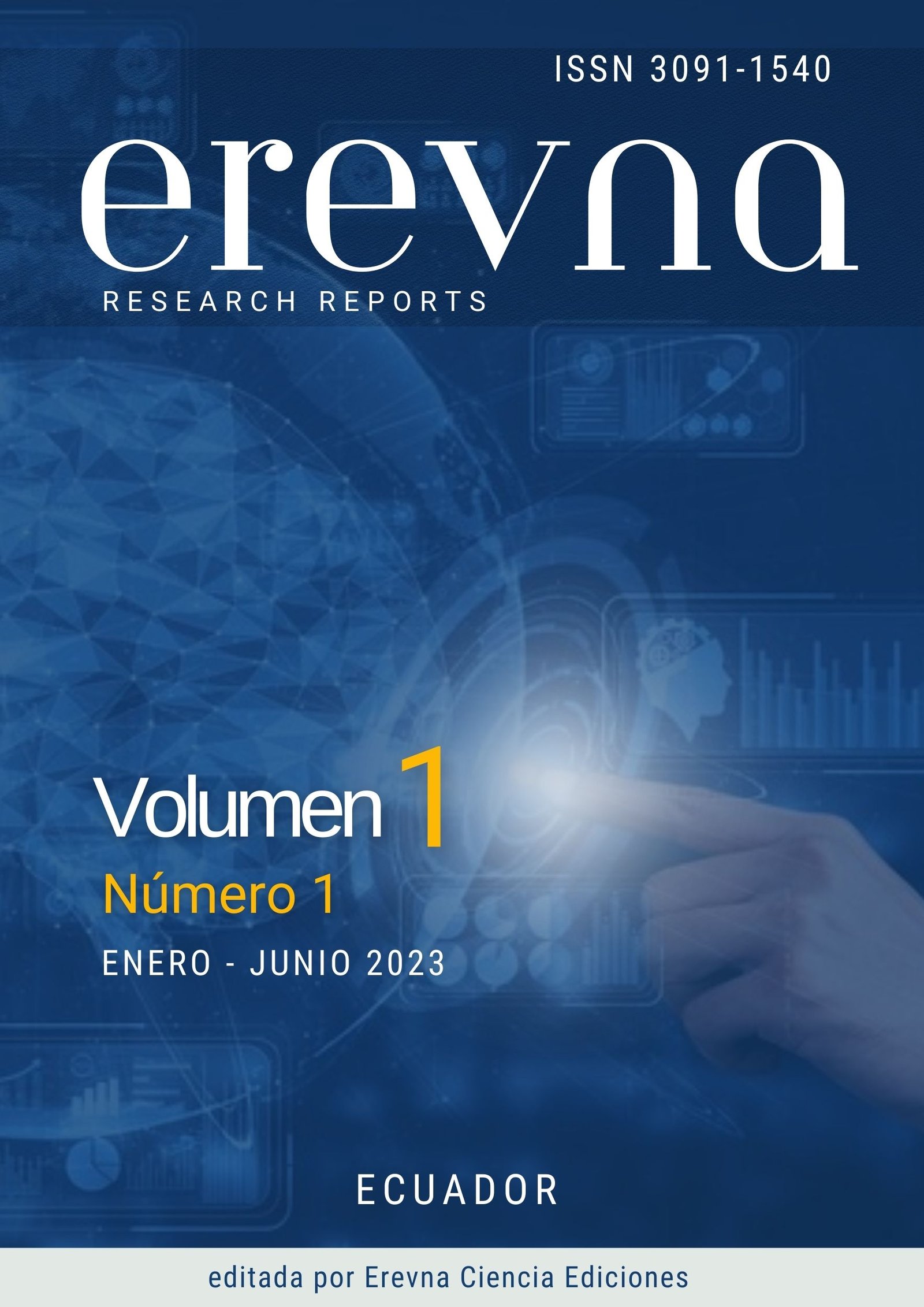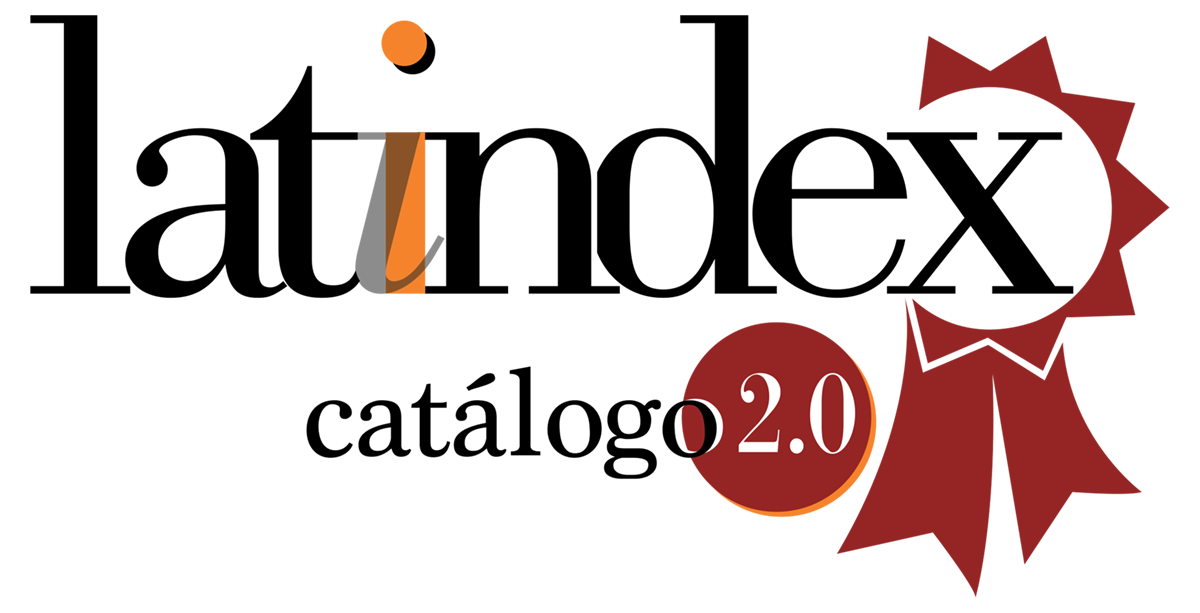Technology Stress: Coping Strategies of Teachers in Rural Areas
DOI:
https://doi.org/10.70171/dj8t8w70Keywords:
active coping, occupational stress, technological demands, technostressAbstract
Justification: as teachers face new demands related to the use of digital tools, it is crucial to understand how their coping strategies impact their well-being. Objective: to analyze the relationship between coping strategies and technostress in teachers from the rural parish of Bachillero in the Tosagua canton, Manabí province, Ecuador. Methodology: a quantitative, non-experimental, and cross-sectional approach was used with a descriptive scope. The sample consisted of 33 teachers from three educational institutions in the parish. The Multidimensional Coping Styles Assessment Scale (BRIEF-COPE/28) and the RED TIC Questionnaire were applied as evaluation instruments. Results: teachers primarily employ problem-focused and emotion-focused coping strategies, with active coping being the most prominent. A high prevalence of symptoms related to technostress was observed. Additionally, moderate positive correlations were found between various coping strategies and manifestations of technostress. Conclusion: the combinations of coping strategies adopted by teachers are associated with different levels of well-being.
Downloads
References
Abarca Carrasco, R. G., Buenaño Pesántez, C. V., Mejía Gallegos, F. A., & Huaraca Morocho, B. C. (2022). La pandemia COVID-19 inductor de tecnoestrés en docentes de la educación ecuatoriana de segundo nivel. Bol. malariol. salud ambient, 266-279. https://doi.org/10.52808/bmsa.7e6.622.018 DOI: https://doi.org/10.52808/bmsa.7e6.622.018
Aulén, A. M., Pakarinen, E., Feldt, T., & Lerkkanen, M. K. (2021). Teacher coping profiles in relation to teacher well being: A mixed method approach. Teaching and Teacher Education, 102, 103323. https://doi.org/10.1016/j.tate.2021.103323 DOI: https://doi.org/10.1016/j.tate.2021.103323
Becker, J., Derra, N. D., Regal, C., & Kühlmann, T. M. (2022). Mitigating the negative consequences of ICT use: The moderating effect of active-functional and dysfunctional coping. Journal of decision systems, 31(4), 374-406. https://doi.org/10.1080/12460125.2021.1901337 DOI: https://doi.org/10.1080/12460125.2021.1901337
Brod, C. (1984). Technostress: The human cost of the computer revolution. Reading, Mass.: Addison-Wesley. Carlotto, M. S., & Câmara, S. G. (2010). Tradução, adaptação e exploração de propriedades psicométricas da escala de tecnoestresse (RED/TIC). Psicologia em Estudo, 15, 171-178. http://www.redalyc.org/articulo.oaid=287122130018 DOI: https://doi.org/10.1590/S1413-73722010000100018
Carrión-Bósquez, N. G., Castelo-Rivas, W. P., Guerrero-Pachacama, J. A., Criollo-Sarco, L. V., & Jaramillo-Verduga, M. J. (2022). Factores que influyen en el tecnoestrés docente durante la pandemia por la COVID-19, Ecuador. Revista Información Científica, 101(2). http://scielo.sld.cu/pdf/ric/v101n2/1028-9933-ric-101-02-e3778.pdf
Carver, C. S. (1997). You want to measure coping but your protocol’too long: Consider the brief cope. International journal of behavioral medicine, 4(1), 92-100. https://link.springer.com/article/10.1207/s15327558ijbm0401_6 DOI: https://doi.org/10.1207/s15327558ijbm0401_6
Cheng, K. T., & Chang, K. (2022). The efficacy of stress coping strategies in Taiwan's public utilities during the COVID-19 pandemic. Utilities Policy, 79, 101431. https://doi.org/10.1016/j.jup.2022.101431 DOI: https://doi.org/10.1016/j.jup.2022.101431
Cincidda, C., Pizzoli, S. F. M., Oliveri, S., & Pravettoni, G. (2022). Regulation strategies during Covid-19 quarantine: the mediating effect of worry on the links between coping strategies and anxiety. European Review of Applied Psychology, 72(6), 100671. https://doi.org/10.1016/j.erap.2021.100671 DOI: https://doi.org/10.1016/j.erap.2021.100671
Estrada Araoz, E. G., Gallegos Ramos, N. A., Paredes Valverde, Y., Quispe Herrera, R., Zuloaga Araoz, M. C., & Mamani Uchasara, H. J. (2022). Tecnoestrés en docentes peruanos de educación básica durante la pandemia de COVID-19. Archivos Venezolanos de Farmacologia y Terapeutica, 41(4). http://doi.org/10.5281/zenodo.6945125 DOI: https://doi.org/10.29018/issn.2588-1000vol4iss33.2020pp41-48
Estrada-Muñoz, C., Castillo, D., Vega-Muñoz, A., & Boada-Grau, J. (2020). Teacher technostress in the Chilean school system. International Journal of Environmental Research and Public Health, 17(15), 5280. https://doi.org/10.3390/ijerph17155280 DOI: https://doi.org/10.3390/ijerph17155280
Estrada-Muñoz, C., Vega-Muñoz, A., Castillo, D., Müller-Pérez, S., & Boada-Grau, J. (2021). Technostress of Chilean Teachers in the Context of the COVID-19 Pandemic and Teleworking. International journal of environmental research and public health, 18(10), 5458. https://doi.org/10.3390/ijerph18105458 DOI: https://doi.org/10.3390/ijerph18105458
Fuentes Gómez, R. A., & Zúniga Valle, C. M. (2021). Impacto psicológico en los docentes de educación primaria a causa de la covid-19. Academo (Asunción), 8(2), 15-28. https://doi.org/10.30545/academo.2021.jul-dic.2 DOI: https://doi.org/10.30545/academo.2021.jul-dic.2
García-Arroyo, J. A., & Segovia, A. O. (2019). Work overload and emotional exhaustion in university teachers: Moderating effects of coping styles. Universitas Psychologica, 18(2), 1-12. https://doi.org/10.11144/Javeriana.upsy18-2.woee DOI: https://doi.org/10.11144/Javeriana.upsy18-2.woee
Gaudioso, F., Turel, O., & Galimberti, C. (2017). The mediating roles of strain facets and coping strategies in translating techno-stressors into adverse job outcomes. Computers in Human Behavior, 69, 189-196. https://doi.org/10.1016/j.chb.2016.12.041 DOI: https://doi.org/10.1016/j.chb.2016.12.041
González Amarilla, S. B. ., & Pérez Vargas, S. F. . (2019). Tecnoestrés docente: el lado opuesto de la utilización de las nuevas tecnologías por los Docentes del Nivel Medio. Revista Científica Estudios E Investigaciones, 8(1), 21–35. https://doi.org/10.26885/rcei.8.1.21 DOI: https://doi.org/10.26885/rcei.8.1.21
Hauk, N., Göritz, A. S., & Krumm, S. (2019). The mediating role of coping behavior on the age-technostress relationship: A longitudinal multilevel mediation model. PloS one, 14(3), e0213349. https://doi.org/10.1371/journal.pone.0213349 DOI: https://doi.org/10.1371/journal.pone.0213349
Hernández-Sampieri, R., Fernández Collado, C., & Baptista Lucio, P. (2018). Metodología de la investigación. México: McGraw-Hill Interamericana. DOI: https://doi.org/10.17993/CcyLl.2018.15
Hidalgo-Andrade, P., Hermosa-Bosano, C., & Paz, C. (2021). Teachers’ mental health and self-reported coping strategies during the COVID-19 pandemic in Ecuador: A mixed-methods study. Psychology research and behavior management, 933-944. https://doi.org/10.2147/PRBM.S314844 DOI: https://doi.org/10.2147/PRBM.S314844
Jarrín-García, G. H., Patiño-Campoverde, M. M., Moya-Lara, I. N., Barandica-Macías, Á. E., & Bravo-Zurita, V. E. (2022). Prevalencia del Síndrome de Burnout en docentes ecuatorianos de educación superior en tiempos de pandemia COVID-19. Polo del Conocimiento, 7(2), 183-197. https://www.polodelconocimiento.com/ojs/index.php/es/article/view/3579
Klapproth, F., Federkeil, L., Heinschke, F., & Jungmann, T. (2020). Teachers' Experiences of Stress and Their Coping Strategies during COVID-19 Induced Distance Teaching. Journal of Pedagogical Research, 4(4), 444-452. http://dx.doi.org/10.33902/JPR.2020062805 DOI: https://doi.org/10.33902/JPR.2020062805
Kotera, Y., & Correa Vione, K. (2020). Psychological impacts of the new ways of working (NWW): A systematic review. International journal of environmental research and public health, 17(14), 5080. https://doi.org/10.3390/ijerph17145080 DOI: https://doi.org/10.3390/ijerph17145080
La Torre, G., De Leonardis, V., & Chiappetta, M. (2020). Technostress: how does it affect the productivity and life of an individual? Results of an observational study. Public Health, 189, 60-65. https://doi.org/10.1016/j.puhe.2020.09.013 DOI: https://doi.org/10.1016/j.puhe.2020.09.013
Lazarus, R. S., & Folkman, S. (1984). Stress, appraisal, and coping. Springer publishing company.
MacIntyre, P. D., Gregersen, T., & Mercer, S. (2020). Language teachers’ coping strategies during the Covid-19 conversion to online teaching: Correlations with stress, wellbeing and negative emotions. System, 94, 102352. https://doi.org/10.1016/j.system.2020.102352 DOI: https://doi.org/10.1016/j.system.2020.102352
Marsollier, R., & Expósito, C. (2021). Afrontamiento docente en tiempos de COVID-19. CienciAmérica, 10(1), 35-54. http://dx.doi.org/10.33210/ca.v10i1.357 DOI: https://doi.org/10.33210/ca.v10i1.357
Morán, C., Landero, R., & González, M. T. (2010). COPE-28: un análisis psicométrico de la versión en español del Brief COPE. Universitas Psychologica, 9(2), 543-552. http://www.scielo.org.co/pdf/rups/v9n2/v9n2a20.pdf DOI: https://doi.org/10.11144/Javeriana.upsy9-2.capv
Nang, A. F. M., Maat, S. M., & Mahmud, M. S. (2022). Teacher technostress and coping mechanisms during Covid-19 pandemic: A systematic review. Pegem Journal of Education and instruction, 12(2), 200-212. https://doi.org/10.47750/pegegog.12.02.20 DOI: https://doi.org/10.47750/pegegog.12.02.20
Pulido-Martos, M., Lopez-Zafra, E., & Cortés-Denia, D. (2022). Inteligencia emocional como factor protector en docentes: Perfiles de estrategias de afrontamiento centrado en personas. Escritos de Psicología (Internet), 15(2), 182-193. https://doi.org/10.24310/espsiescpsi.v15i2.14795 DOI: https://doi.org/10.24310/espsiescpsi.v15i2.14795
Rastegar, N., & Rahimi, M. (2023). Teachers’ post-pandemic outlook on the role of Technological and Pedagogical Content Knowledge in coping with burnout under adverse conditions: How a job demand transformed into a job resource. Frontiers in Psychology, 14, 1129910. https://doi.org/10.3389/fpsyg.2023.1129910 DOI: https://doi.org/10.3389/fpsyg.2023.1129910
Rey-Merchán, M. D. C., & López-Arquillos, A. (2022). Occupational risk of technostress related to the use of ICT among teachers in Spain. Sustainability, 14(14), 8746. https://doi.org/10.3390/su14148746 DOI: https://doi.org/10.3390/su14148746
Rohwer, E., Flöther, J. C., Harth, V., & Mache, S. (2022). Overcoming the “Dark Side” of Technology—A scoping review on preventing and coping with work-related technostress. International journal of environmental research and public health, 19(6), 3625. https://doi.org/10.3390/ijerph19063625 DOI: https://doi.org/10.3390/ijerph19063625
Salanova, M., Llorens, S. Cifre, E. & Nogareda, C. (2004). Tecnoestrés: concepto, medida e intervención psicosocial. Nota técnica de prevención. Centro Nacional de Condiciones de Trabajo, España.
Salanova, M., Llorens, S., & Cifre, E. (2013). The dark side of technologies: Technostress among users of information and communication technologies. International journal of psychology, 48(3), 422-436. https://doi.org/10.1080/00207594.2012.680460 DOI: https://doi.org/10.1080/00207594.2012.680460
Salo, M., Pirkkalainen, H., & Koskelainen, T. (2019). Technostress and social networking services: Explaining users' concentration, sleep, identity, and social relation problems. Information Systems Journal, 29(2), 408-435. https://doi.org/10.1111/isj.12213 DOI: https://doi.org/10.1111/isj.12213
Shigeto, A., Laxman, D. J., Landy, J. F., & Scheier, L. M. (2021). Typologies of coping in young adults in the context of the COVID-19 pandemic. The Journal of General Psychology, 148(3), 272-304. https://doi.org/10.1080/00221309.2021.1874864 DOI: https://doi.org/10.1080/00221309.2021.1874864
Solís, P., Lago-Urbano, R., & Real Castelao, S. (2023). Factors That Impact the Relationship between Perceived Organizational Support and Technostress in Teachers. Behavioral Sciences, 13(5), 364. https://doi.org/10.3390/bs13050364 DOI: https://doi.org/10.3390/bs13050364
Tarafdar, M., Cooper, C. L., & Stich, J. F. (2019). The technostress trifecta‐techno eustress, techno distress and design: Theoretical directions and an agenda for research. Information Systems Journal, 29(1), 6-42. https://doi.org/10.1111/isj.12169 DOI: https://doi.org/10.1111/isj.12169
Thompson, N. J., Fiorillo, D., Rothbaum, B. O., Ressler, K. J., & Michopoulos, V. (2018). Coping strategies as mediators in relation to resilience and posttraumatic stress disorder. Journal of affective disorders, 225, 153-159. https://doi.org/10.1016/j.jad.2017.08.049 DOI: https://doi.org/10.1016/j.jad.2017.08.049
Van den Brande, W., Baillien, E., Vander Elst, T., De Witte, H., Van den Broeck, A., & Godderis, L. (2017). Exposure to workplace bullying: the role of coping strategies in dealing with work stressors. BioMed research international, 2017. https://doi.org/10.1155/2017/1019529 DOI: https://doi.org/10.1155/2017/1019529
Vuori, V., Helander, N., & Okkonen, J. (2019). Digitalization in knowledge work: the dream of enhanced performance. Cognition, Technology & Work, 21(2), 237-252. https://doi.org/10.1007/s10111-018-0501-3 DOI: https://doi.org/10.1007/s10111-018-0501-3
Downloads
Published
Issue
Section
Categories
License
Copyright (c) 2023 Valeria Emperatriz Bravo-Zurita

This work is licensed under a Creative Commons Attribution-NonCommercial-ShareAlike 4.0 International License.






















